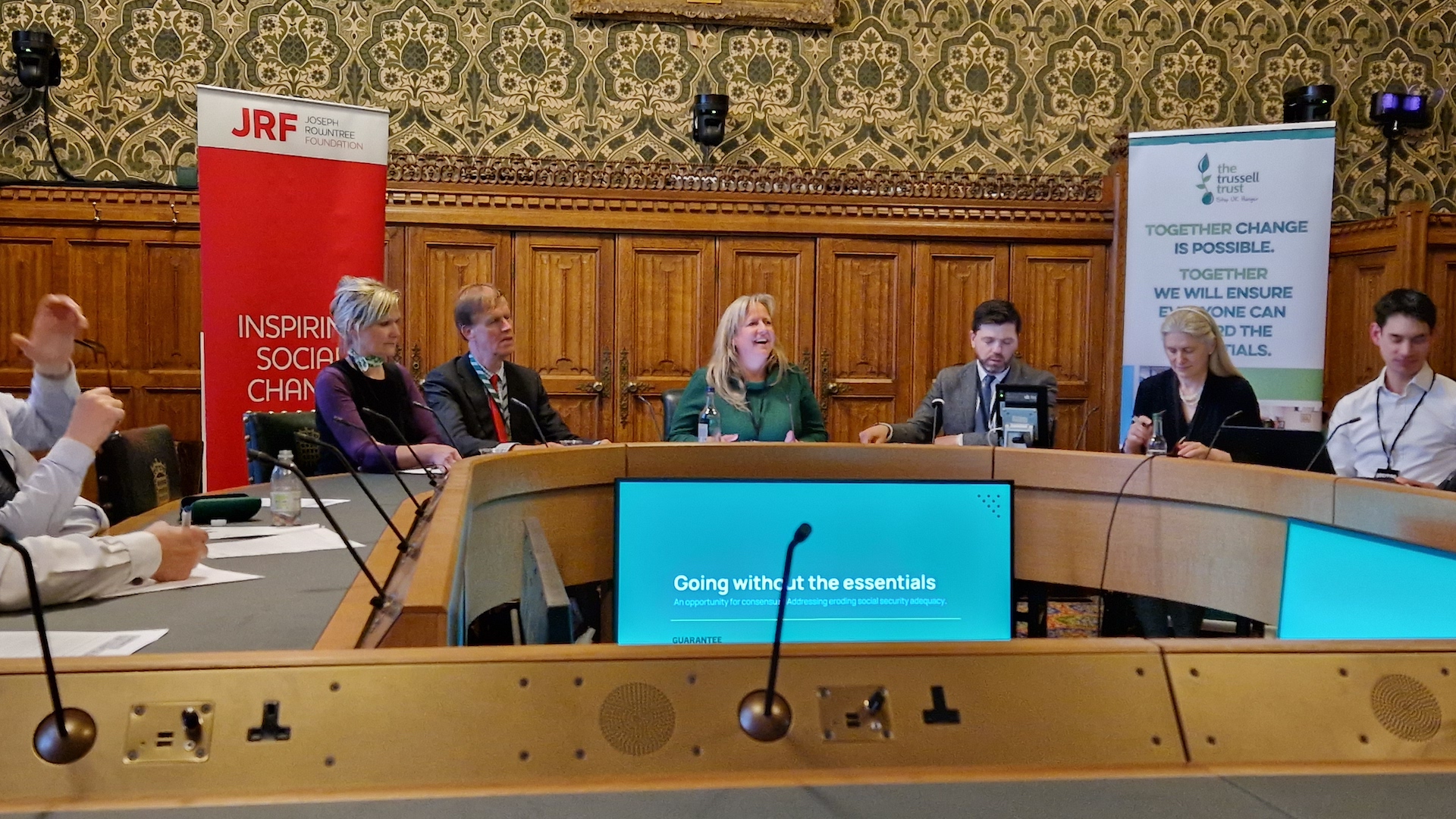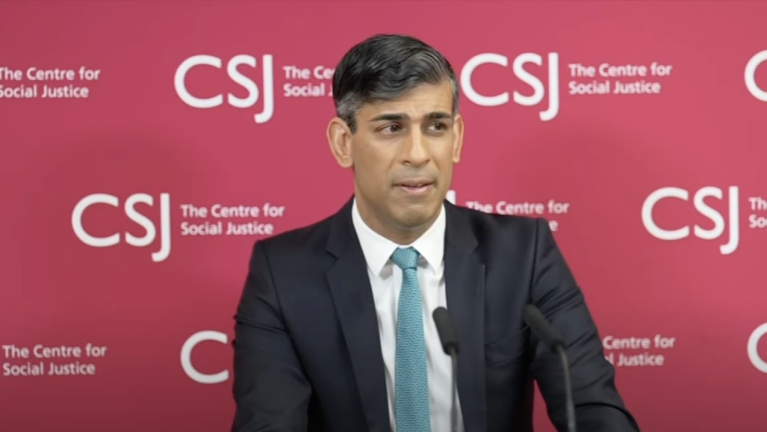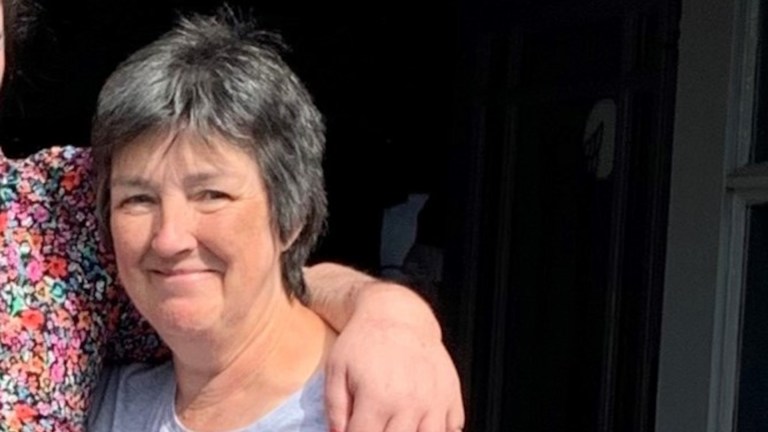Philip rings the food bank phone on a Saturday evening. He’s received a letter from his Housing Association informing him that the service charge on his flat will be going up by £10 a week. It’s a sudden and significant increase, on top of food prices going up by nearly 20 per cent since last year, that triggers a deluge of worry and concern.
He’s already skipping meals and has gone through most of the winter without putting the heating on as his employment and support allowance (ESA) just isn’t enough to cover food, gas and electric. Where will this additional money come from? And what will happen if he can’t pay? Will he be evicted? Could he end up homeless?
Digging deeper, it turns out that this increase is due to installation of fire equipment in the small communal area outside his flat. After numerous phone calls, hours waiting on hold, emails and even a trip to the town hall, it transpires that the money will be covered by his housing benefit. A huge relief to Philip but at the same time, frustration that this wasn’t clear at the beginning. One out of context letter caused sleepless nights, hours of wasted time and a high degree of anxiety. As Philip says: “I’m OK, I can deal with this and I had help. But what if I didn’t? This could have tipped me over the edge.”
Your support changes lives. Find out how you can help us help more people by signing up for a subscription
Housing issues are rife at the moment. Many food bank guests report having built up significant rent arrears over the tough winter months. Others sit on waiting lists for suitable housing, families crammed into flats that are too small, people with disabilities living in high-rises with lifts that never seem to work.
A particularly disturbing trend that keeps cropping up in conversation, is that of private landlords increasing rent to unaffordable levels. So many first-time food bank users tell a similar story – their landlord puts the rent up, for a while they try to cope by cutting back on things, often going into debt. Going to the food bank is the last resort, often after months of struggle, when all other options have been exhausted.









